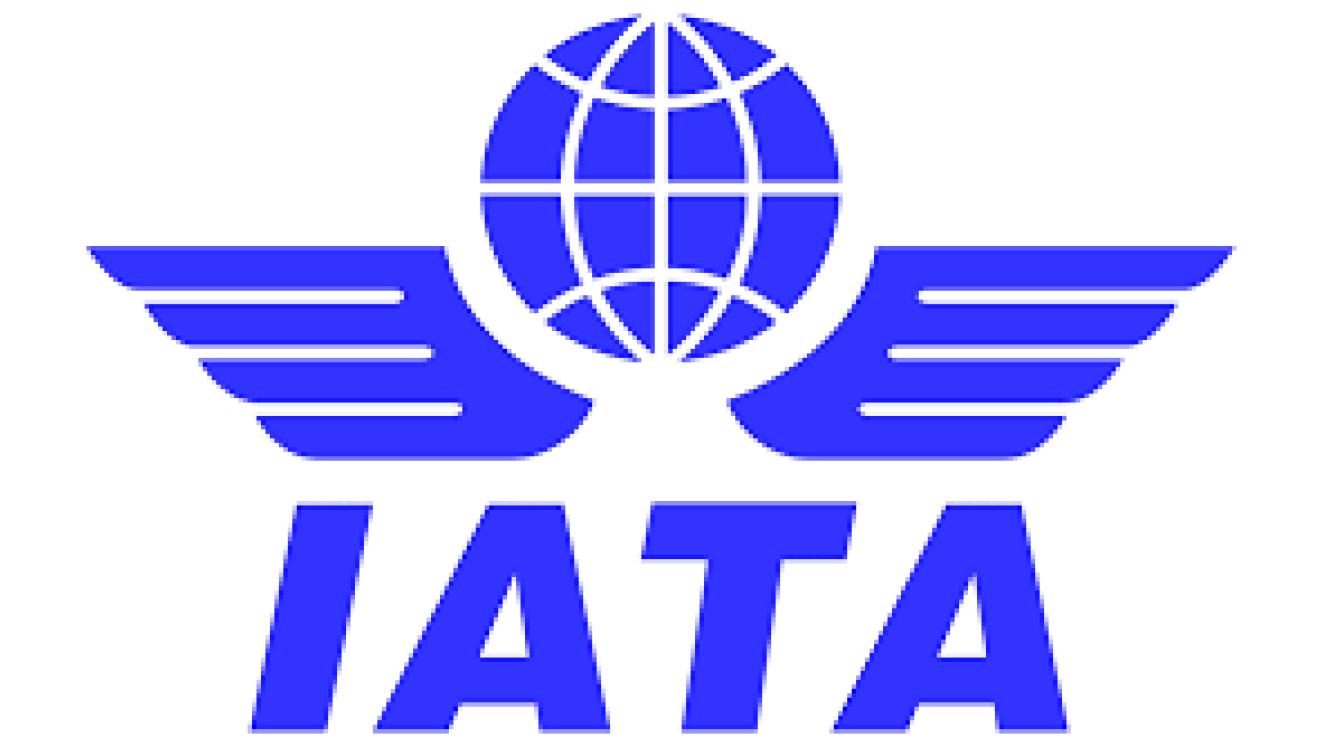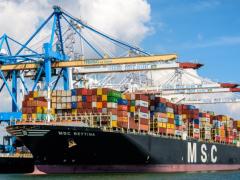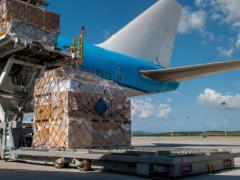The International Air Transport Association (Iata) has downgraded its traffic forecast for 2020 to reflect a weaker-than-expected recovery due to the dismal end to the summer travel season in the northern hemisphere.
Iata now expects full-year 2020 traffic to be down 66% compared to 2019. The previous estimate was for a 63% decline.
August passenger demand continued to be hugely depressed against normal levels, with revenue passenger kilometres (RPKs) down 75.3% compared to August 2019. This was only slightly improved compared to the 79.5% annual contraction in July. Domestic markets continued to outperform international markets in terms of recovery, although most remained substantially down on a year ago. August capacity (available seat kilometres or ASKs) was down 63.8% compared to a year ago, and load factor plunged 27.2 points to an all-time low for August of 58.5%.
Based on flight data, the recovery in air passenger services was brought to a halt in mid-August by a return of government restrictions in the face of new Covid-19 outbreaks in a number of key markets. According to Iata, forward bookings for air travel in the fourth quarter show that the recovery since the April low point will continue to falter. “Whereas the decline in year-on-year growth of global RPKs was expected to have moderated to -55% by December, a much slower improvement is now expected with the month of December forecast to be down 68% on a year ago,” said Alexandre de Juniac, Iata’s director general and CEO.
“August’s disastrous traffic performance puts a cap on the industry’s worst-ever summer season. International demand recovery is virtually non-existent and domestic markets in Australia and Japan actually regressed in the face of new outbreaks and travel restrictions. A few months ago, we thought that a full-year fall in demand of -63% compared to 2019 was as bad as it could get. With the dismal peak summer travel period behind us, we have revised our expectations downward to -66%.”
In regional terms, African airlines’traffic sank 90.1% in August, slightly improved over a 94.6% decline in July. Capacity contracted 78.4%, and load factor fell 41.0 percentage points to 34.6%, which was the lowest among regions.
De Juniac said this was no time for governments to walk away. “New job-saving measures are needed - including financial measures that do not add to overstressed balance sheets.
“In addition, for the good of aviation and the global economy, we need to reopen borders and remove travel-killing quarantines. The ability to travel is absolutely central to doing business in our highly integrated global economy and globalisation has lifted more than a billion people from poverty since 1990.”













